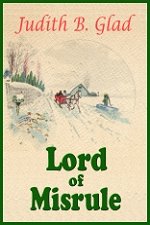Discovering the Oz in Bozeman:
- Dr. Sexon is Dr. Seuss's alter ego.
- The class broke up into our groups for our final presentations today.
- The title of the presentation is, of course, how the past possesses the present.
- Anything goes - Read the first hymn to Dionysus to prepare for Bacchae.
The Triple Goddess - Maiden, Mother, and Crone.
- The triple goddess has regained worship throughout the increasingly popular Wicca faith.
Kore - Persephone
Doso from Dolorous - sorrow
Iambi -
- Iambic pentameter - used in poetry dedicated to Demeter.
Archetypal - Daughter and Mother (Demeter & Persephone).



